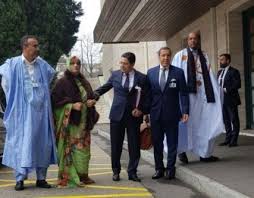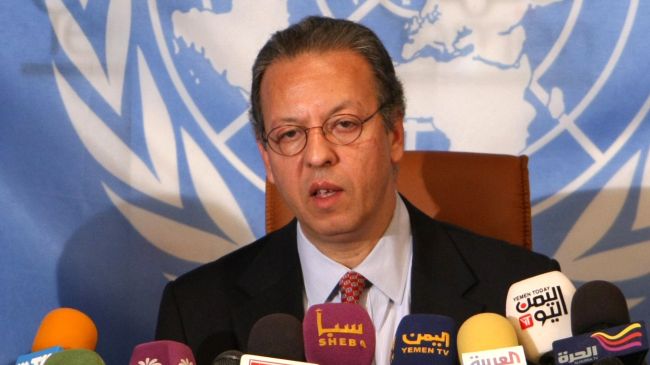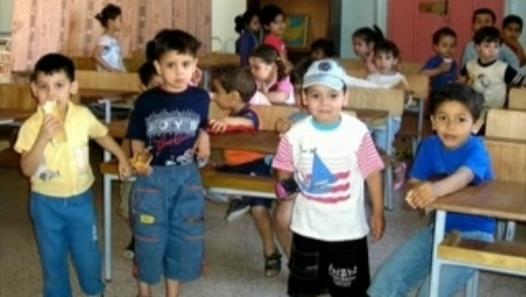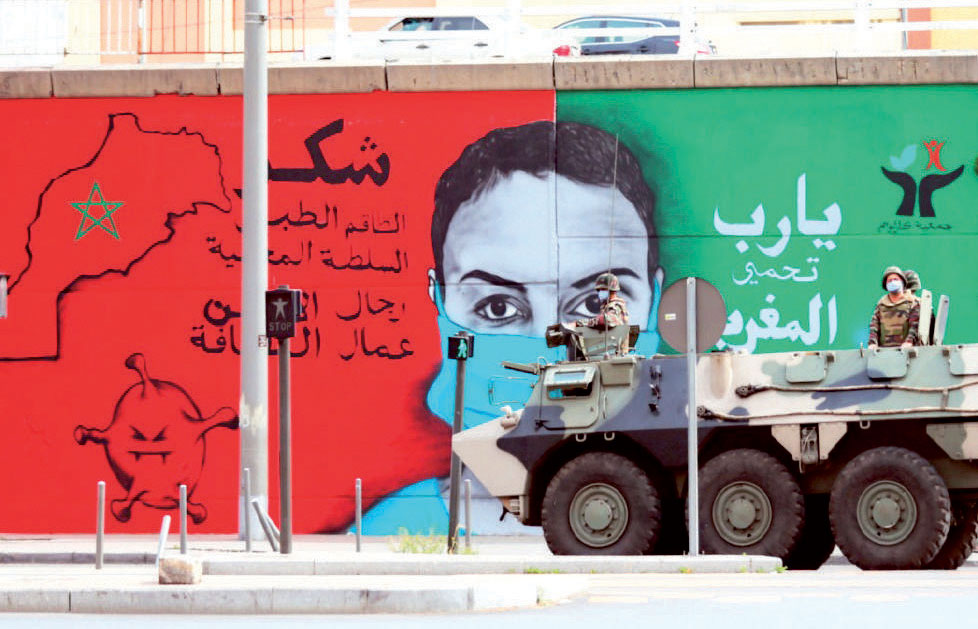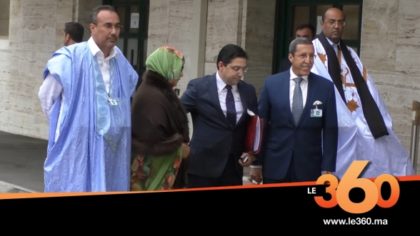 The Moroccan delegation heads to Geneva this Wednesday to participate in a second roundtable on the Sahara, organized by the UN Secretary General’s Personal Envoy Horst Köhler, March 21-22.
The Moroccan delegation heads to Geneva this Wednesday to participate in a second roundtable on the Sahara, organized by the UN Secretary General’s Personal Envoy Horst Köhler, March 21-22.
Besides the Moroccan delegation, led by Foreign Minister Nasser Bourita, delegations from Algeria, the Polisario, and Mauritania, will take part in the meeting.
This second roundtable is held in accordance with the provisions of the latest Security Council resolution (2440), adopted on October 31, 2018.
In the resolution, the Security Council called upon the parties to demonstrate political will in order to advance the negotiations, emphasizing the importance of an enduring political solution based on compromise.
The council encouraged all participants in the roundtable, namely Morocco, Algeria, the Polisario, and Mauritania, to cooperate more fully with the United Nations and with each other, “to strengthen their involvement in the political process and to achieve progress towards a political solution.” In that regard, they expressed support for the Personal Envoy and called on the parties to engage constructively with him.
The Moroccan delegation to the Geneva II roundtable will include the same members that took part in Geneva I last December. These are Foreign Minister Bourita; Morocco’s Permanent Representative to the United Nations in New York, Omar Hilale; President of the Laayoune-Sakia El Hamra region, Sidi Hamdi Ould Errachid; President of the Dakhla-Oued Eddahab region, Yenja El Khattat; and member of the City Council of Smara and community activist Fatima El Adli.
The Algerian delegation to Geneva II will be led by newly appointed Deputy Premier and Foreign Minister Ramtane Lamamra, well known for his hostility towards Morocco.
As Algeria is in turmoil with huge daily popular protests calling on President Abdelaziz Bouteflika to step down and for a regime change, analysts were doubting the participation in the second roundtable on the Sahara of Lamamra who has been called to the rescue of a presidential clan that is falling apart.
Yet, as put by one analyst, this participation speaks volumes about the place occupied by the Sahara issue on the Algerian regime’s agenda as this issue seemingly comes way before the legitimate claims of the Algerians, who are not concerned by the Sahara but by their own internal political, economic and social problems.
